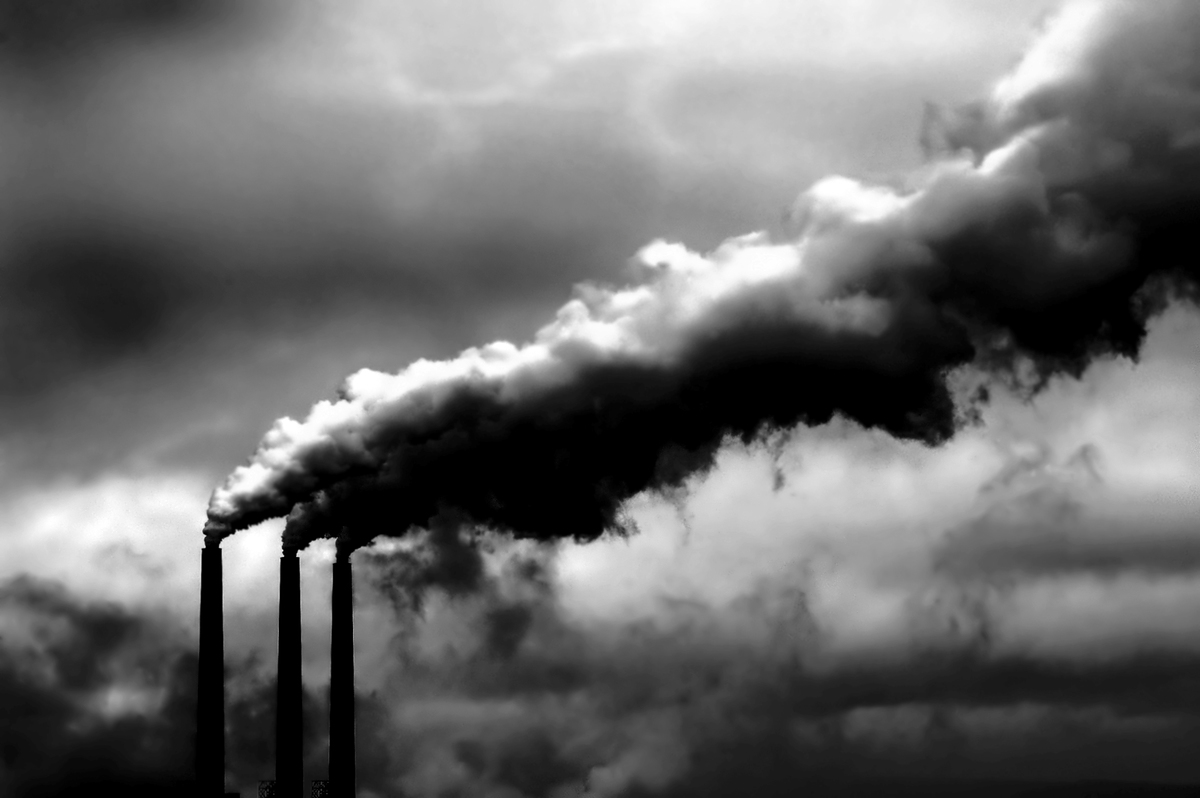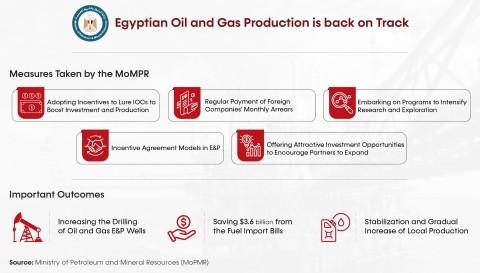One scene stands out more than any other from the Opec International Energy Seminar last week, which attracted the cream of the global oil industry’s executive leadership.
When the audience of well over 300 delegates, gathered in Vienna’s splendid Hofburg Palace, were asked in a show of hands whether they believed that the Paris Climate Conference talks – also known as COP 21 and due to be held later this year – will achieve a binding agreement to limitglobal warming to below 2C, no one in the room raised a glove.
It was a remarkable and quite depressing response from the industry – given the growing attention that world leaders, including the likes of US president Barack Obama – are now giving to climate change and the scrutiny that fossil fuel producers are under to persuade them to confront the issue.
However, the industry itself is divided over what the appropriate response should be to COP 21 and the growing clamour among campaigners to encourage large institutions to disinvest from fossil-fuel producers. On the one hand, oil companies and coal miners must continue to invest heavily to produce resources which are expected to remain the main drivers for global growth for years to come. But they cannot afford to do nothing and then face all the blame in 20 years’ time should the worst fears surrounding the climate transpire. Oil producers don’t want to become the tobacco companies of the future and be faced with a potentially limitless compensation bill for wrecking the environment.
The six big European oil majors – Royal Dutch Shell, Total, Eni, BG Group, BP and Statoil – chose ahead of the Opec seminar to release a joint letter calling for a binding global system to govern carbon pricing. In his address to the world’s most powerful oil leaders in Vienna, Shell’s chief executive, Ben van Beurden, said: “What the global energy system is experiencing – what it needs to undergo – is a transition from the traditional model based on oil and coal to a progressively cleaner, less carbon-intensive model. And that new configuration needs to be characterised by a greater share of natural gas and renewables – and a key role for carbon capture and storage.”
His remarks were in stark contrast to those made by Rex Tillerson, his counterpart at the world’s largest publicly-listed oil company, Exxon Mobil. Mr Tillerson warned delegates that a carbon tax could have a profoundly negative impact by destroying economic growth in the developing world. “It is very important for governments that make those choices to live with the economic consequences of that,” he said.
Clearly, a global carbon-pricing scheme that benefits already advanced industrialised nations in Europe and North America to the detriment of the developing world, where demand for fossil fuels is growing fastest, will be unworkable.
In a further blow to climate-change campaigners who want greater action on reducing consumption of fossil fuels, Maria van der Hoeven, the outgoing executive director of the International Energy Agency, said: “There is absolutely no scenario under which oil and gas do not play a significant role.”
The one bright spot for COP 21 and the climate change lobby came from the most unlikely direction, in the form of Saudi Arabia’s experienced and influential oil minister, Ali al-Naimi. Mr al-Naimi – who oversees the world’s largest oil exporter, itself an Opec heavyweight – has consistently warned of the dangers of the industry failing to act to help to limit global warming. In Vienna, he told his audience that he foresees a time soon when the desert kingdom, which has an abundance of sunshine and oil, will be a major exporter of “many gigawatts” of renewable electricity.
Despite the obvious pessimism about the outcome of COP 21, big oil is acutely aware that it doesn’t want to take the sole blame for climate change.
China’s pollution not so bad?
A new study has found China’s carbon emissions will peak earlier than previously thought. According to the report by Lord Stern and the Grantham Research Institute on Climate Change and the Environment, China’s greenhouse gas emissions will peak by 2025. The report suggests they would reach 12.5bn to 14bn tonnes of carbon dioxide equivalent.
The report suggests it is possible to avoid global warming of more than 2C above pre-industrial levels. “China’s transformation has profound implications for the global economy, and greatly increases the prospects for keeping global greenhouse gas emissions within relatively safe limits,” said the report.
Source: The Telegraph












